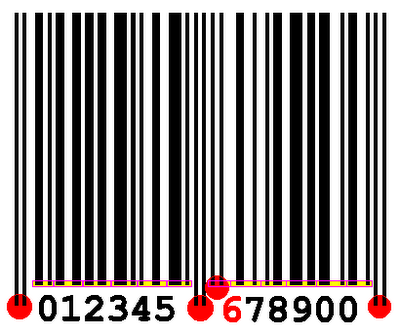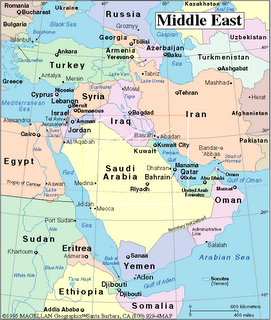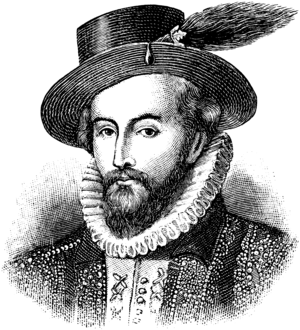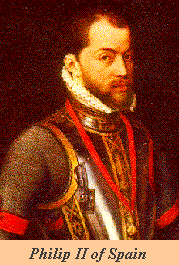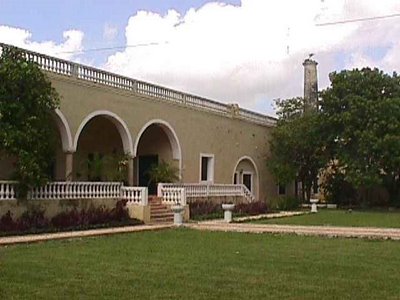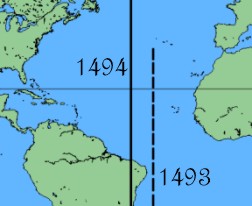Ahmadinejad: Israel's Destruction Getting Close
TEHRAN, Iran —
Iran's hard-line President Mahmoud Ahmadinejad on Sunday said the world would witness the destruction of Israel soon, the official Islamic Republic News Agency reported.Ahmadinejad said last summer's war between Israel and Hezbollah showed for the first time that the "hegemony of the occupier regime [Israel] had collapsed, and the Lebanese nation pushed the button to begin counting the days until the destruction of the Zionist regime," IRNA quoted him as saying.
"God willing, in the near future we will witness the destruction of the corrupt occupier regime," Ahmadinejad was quoted as saying during a speech to foreign guests who attended ceremonies marking the 18th anniversary of the death of Ayatollah Ruhollah Khomeini, who is known as the father of Iran's 1979 Islamic Revolution.
Embattled Israeli Prime Minister Ehud Olmert has lost public support after Israel failed to achieve its goals during last summer's 34-day war with Hezbollah guerrillas in Lebanon — freeing two captured soldiers and crushing the militant group.
The war was sparked after two Israeli soldiers were kidnapped by Iranian- and Syrian-backed Hezbollah militants in a cross-border raid. The fighting ended with a U.N.-brokered cease-fire that called for deployment of U.N. peacekeepers and Lebanese troops in southern Lebanon along the border with Israel.
Ahmadinejad has made anti-Israel comments in the past.
In October 2005, he caused outrage in the West when he said in a speech that Israel's "Zionist regime should be wiped off the map."
His supporters have argued Ahmadinejad's words were mistranslated and should have been better translated as "vanish from the pages of time" — implying Israel would vanish on its own rather be destroyed.
YES! JUST AS IT IS WRITTEN....
Ezekiel 38:1-13
1 And the word of the LORD came to me saying,
2 "Son of man, set your face toward Gog of the land of Magog,
the prince of Rosh, Meshech and Tubal, and prophesy against
him
3 and say, 'Thus says the Lord GOD, "Behold, I am against you, O Gog,
prince of Rosh, Meshech and Tubal.
4 "I will turn you about and put hooks into your jaws, and I will
bring you out, and all your army, horses and horsemen, all of
them splendidly attired, a great company with buckler and shield, all
of them wielding swords;
5 Persia, Ethiopia and Put with them, all of them with shield
and helmet;
6 Gomer with all its troops; Beth-togarmah from the remote parts
of the north with all its troops--many peoples with you.
7 "Be prepared, and prepare yourself, you and all your companies
that are assembled about you, and be a guard for them.
8 "After many days you will be summoned; in the latter years you
will come into the land that is restored from the sword, whose
inhabitants have been gathered from many nations to the
mountains of Israel which had been a continual waste; but its
people were brought out from the nations, and they are living
securely, all of them.
9 "You will go up, you will come like a storm; you will be like a
cloud covering the land, you and all your troops, and many peoples
with you."
10'Thus says the Lord GOD, "It will come about on that day, that
thoughts will come into your mind and you will devise an evil
plan,
11 and you will say, 'I will go up against the land of unwalled
villages I will go against those who are (V)at rest, that live
securely, all of them living without walls and having no bars or
gates,
12 to capture spoil and to seize plunder, to turn your hand against
the waste places which are now inhabited, and against the people who
are gathered from the nations, who have acquired cattle and goods, who
live at the center of the world.'
13 "Sheba and Dedan and the merchants of Tarshish with all
its villages will say to you, 'Have you come to capture spoil? Have
you assembled your company to seize plunder, to carry away silver and
gold, to take away cattle and goods, to capture great spoil?'"'
Technorati:prophecy
Labels: Learn from the Past, Look at this

